She married her high school sweetheart, had children and they shared in the joys of having four little grandchildren.

Cecilia Bernadette Chmura, 59, had everything in the world she could ever want but after suffering from fibromyalgia and chronic pain for more than two decades, what she wanted most of all was to die.
“It’s hard for somebody without chronic pain to know what those people are going through,” said David Dunn, Cecilia’s widow.
“I have a really good idea because I lived with her and saw that chronic pain, how it affected her life and I was basically single.”
David said Cecilia wouldn’t commit to anything because she was in unbearable pain and seeing the times he saw a smile on her face were few and far between.
Her fibromyalgia, a disorder characterized by widespread musculoskeletal pain in addition to chronic pain, had taken it’s toll.

Get weekly health news
Some days he said he wouldn’t see Cecilia except for a half hour at supper; she would have yogurt then climb back into bed.
She tried everything to control the pain including morphine and medicinal marijuana but nothing seemed to dull her discomfort.
“Her quality of life was very bad and that’s when she decided life isn’t worth living so she applied to MAID,” David said.
MAID – medical assistance in dying – is the legal criteria set by the federal government for eligibility and how the process works.
After seeing half a dozen psychiatrists, psychologists and counselors she applied for a medically-assisted death, where a physician would come to the couples’ apartment and she would pass away surrounded by loved ones.
But it didn’t happen that way.
“Whoever was on the other end who makes this decision said, ‘No you’re not within six months or imminent death therefore you don’t qualify,'” David recalled.
“I remember Cec saying ‘Well, I disagree with you because my death is imminent because if you don’t do it, I will within the next six months’ and she did.”
On Jan. 18, David said he quickly realized it was the day his wife had planned to die.
She left multiple do not resuscitate orders for paramedics, authorized by a lawyer, along with a suicide letter.
According to David, his wife knew where and when she wanted to die but didn’t know if it would work.
“She came back to bed. We said we loved each other but after her eyes closed and then just holding her there, all these things go through your head,” David said through tears.
“The main one, and this is the bizarre thing, was when do I phone 911 if she doesn’t stop breathing.”
WATCH BELOW: David Dunn describes his feelings on his wife’s last day

His voiced trembling with emotion, David reflected on how agonizing it was trying to ensure his beloved wife died with dignity.
He would later read her journal where she described her biggest fear – dying a prolonged death in hospital if her plan didn’t work.
“My wife had everything to live for, her love for me, her love for her kids, her love for her grandchildren,” David said.
“She had everything to live for but that stuff still wasn’t good enough”
He now questions the criteria for Canadians to legally end their lives with the help of a doctor and said the statement “your natural death must be foreseeable” is just far too vague.
“What does that mean? All of our deaths are foreseeable, we’re all going to die eventually.”
After everything his wife had been through, David said the system failed his family and his wife’s dying wish.
“The government should be able to grant that last request of that person to die a dignified death.”
Part 2 of this series will air on Wednesday, May 30 – Global News will outline the criteria for an assisted death and why some argue the requirements provide protect those most vulnerable which is why they are in place.



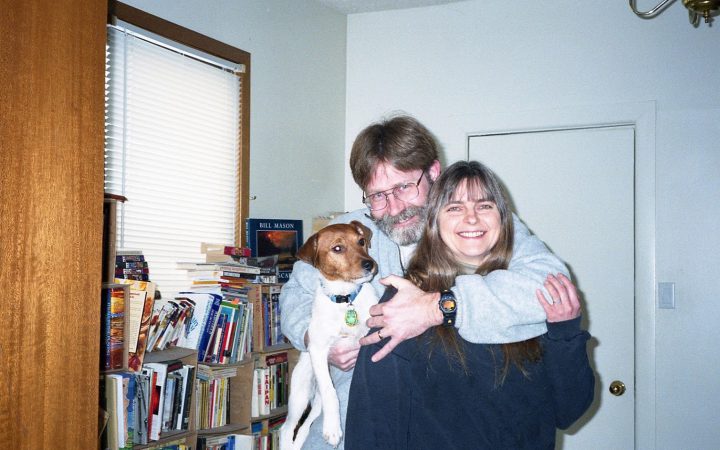

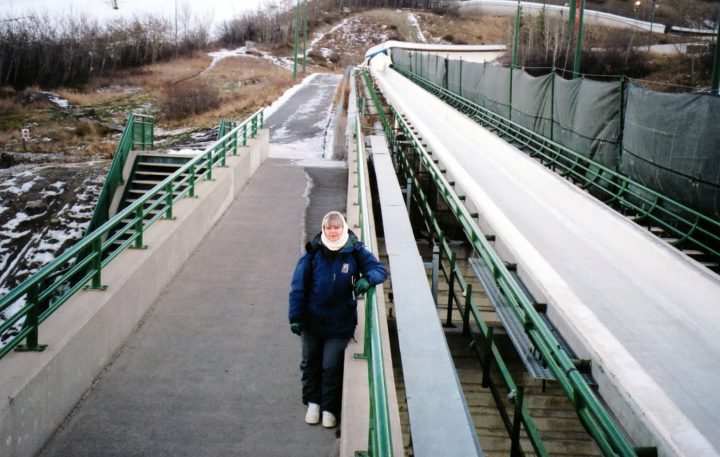

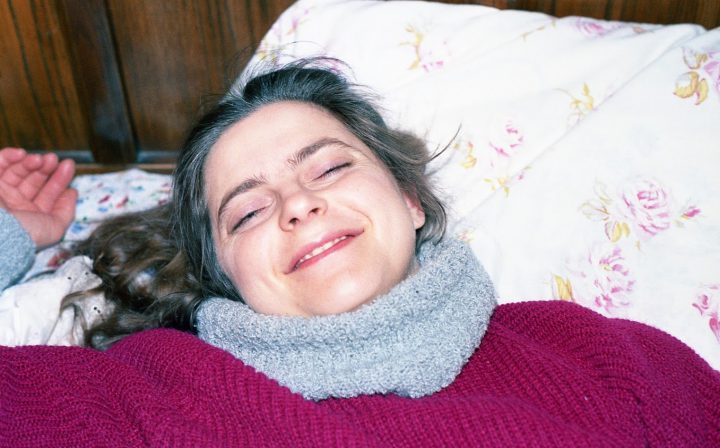

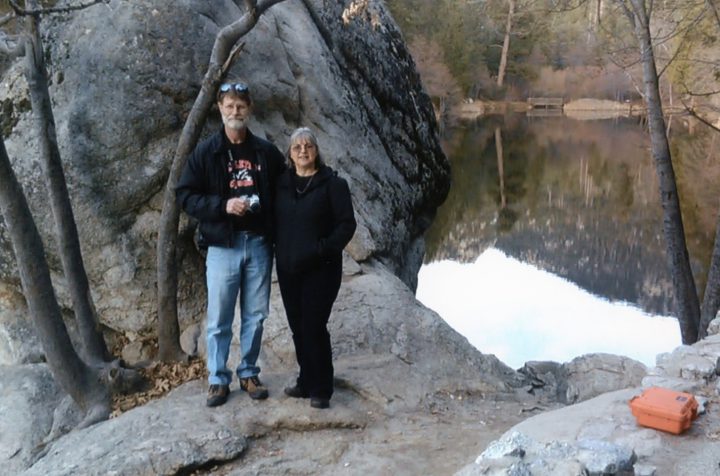





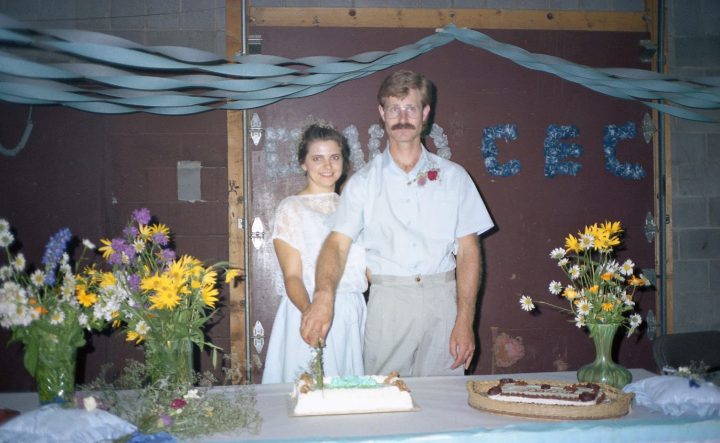





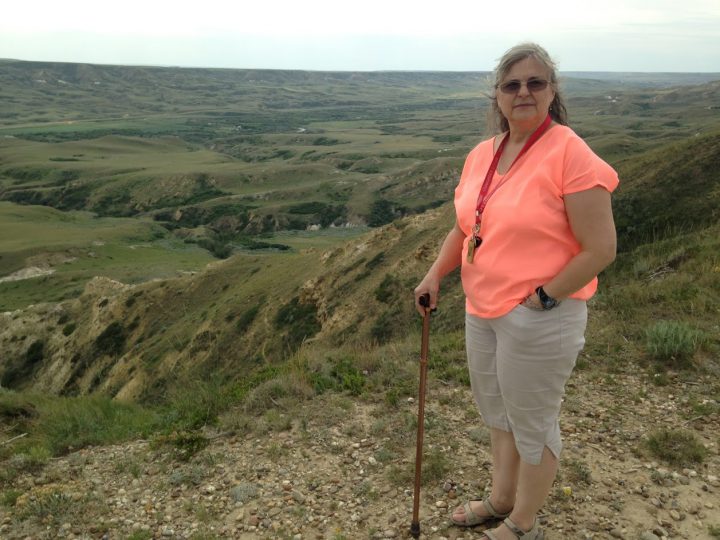

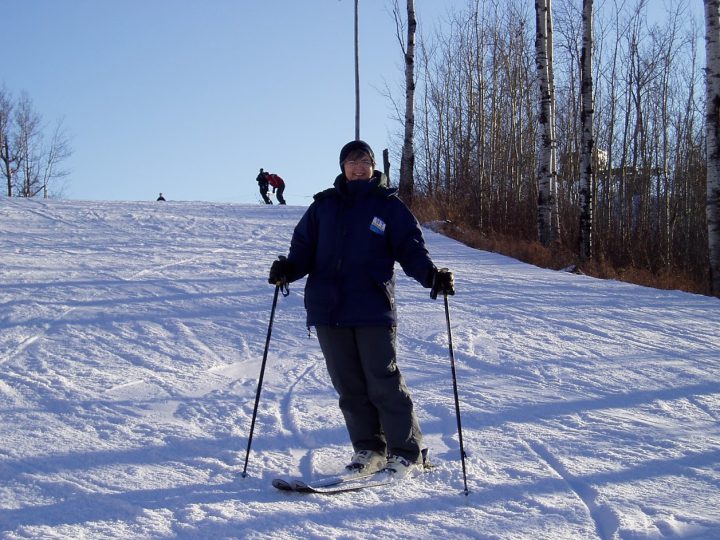

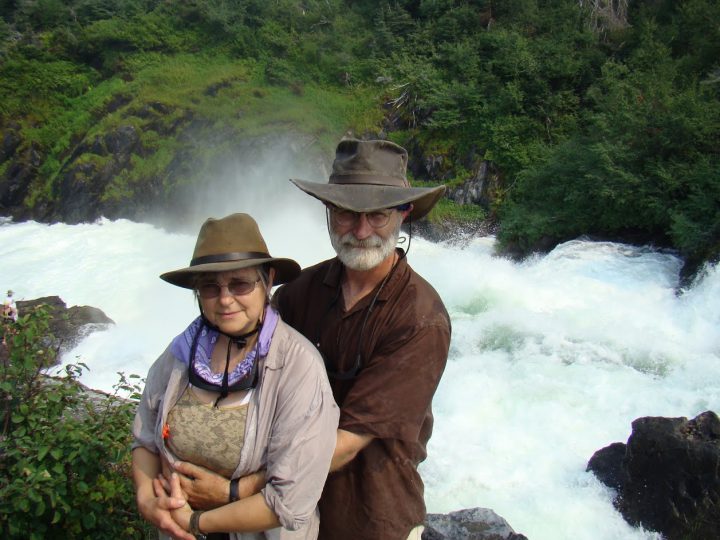

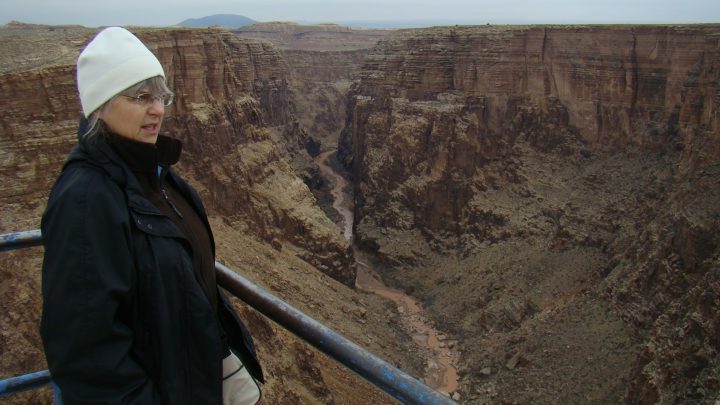

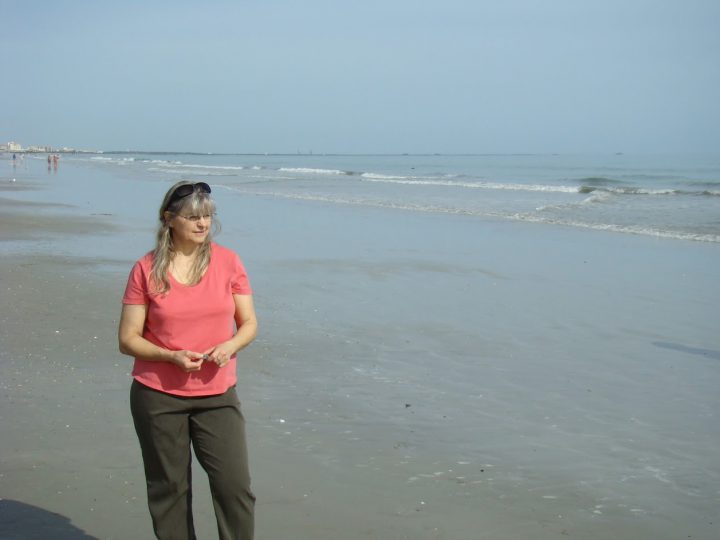

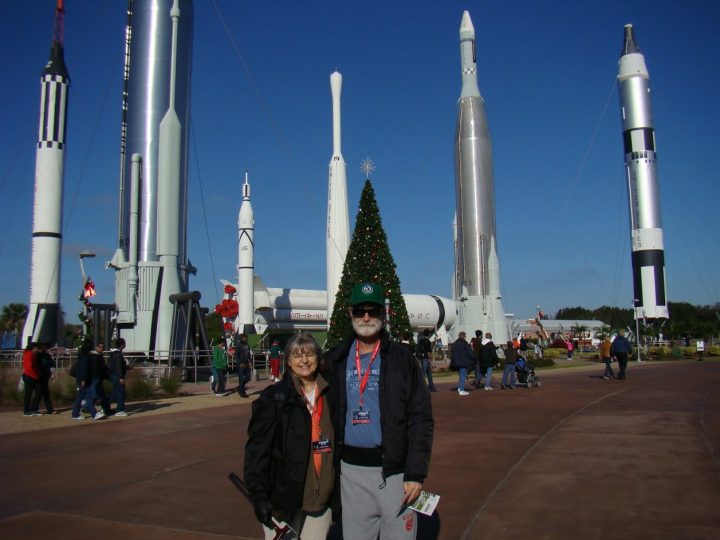

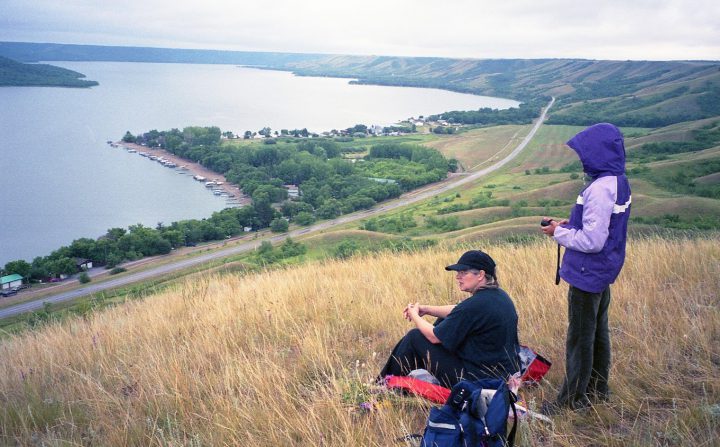
Comments
Comments closed.
Due to the sensitive and/or legal subject matter of some of the content on globalnews.ca, we reserve the ability to disable comments from time to time.
Please see our Commenting Policy for more.